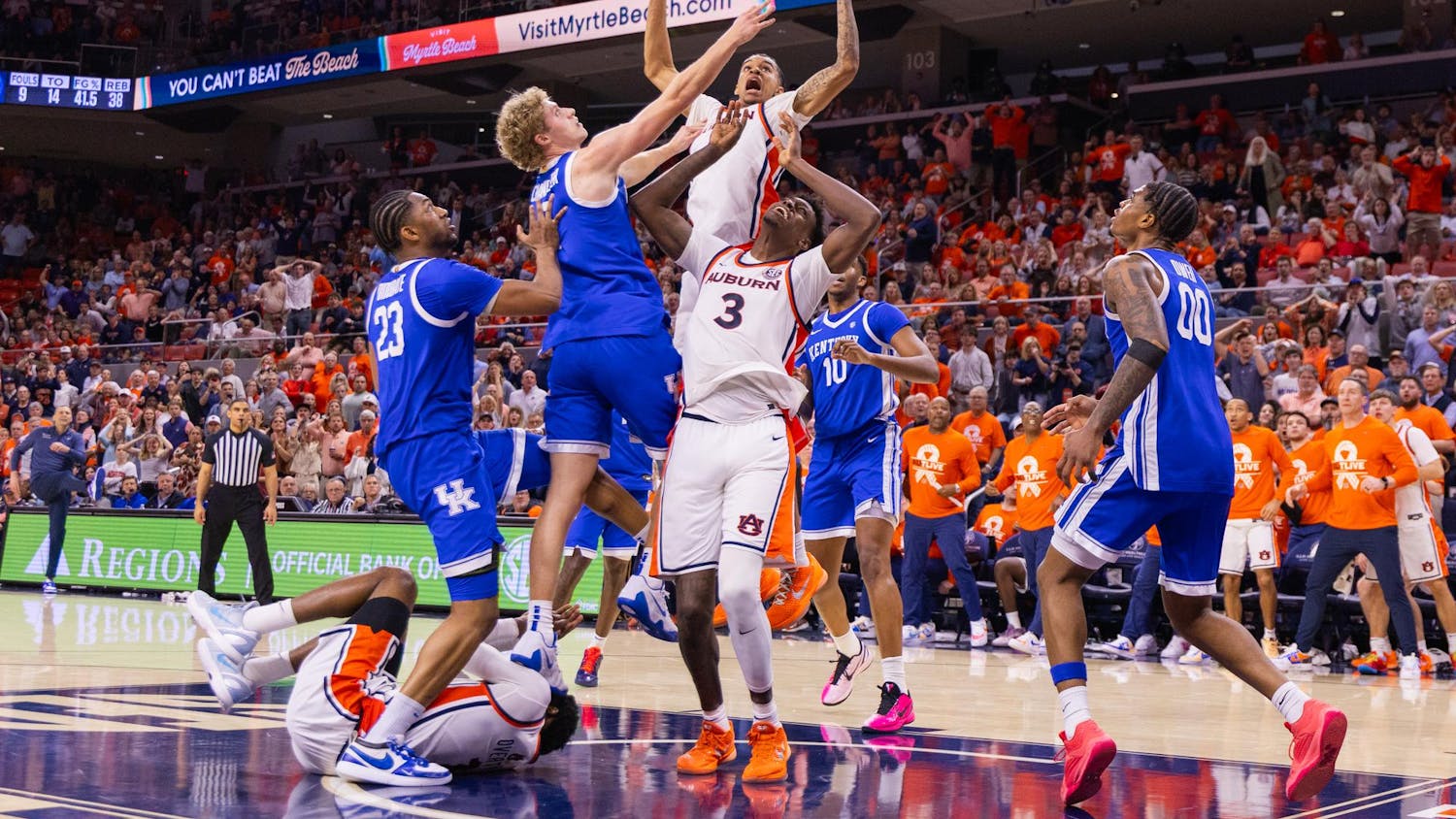As an English major at Auburn University, I can’t help but feel disturbed by the way that Alabama has treated the study of English. On Oct. 27, Auburn faculty members received an email from the University stating that syllabi will now be vetted for any discussion of “divisive topics,” as defined by Alabama Act 2024-34 (SB 129). While faculty are now set scrambling to revise syllabi around the bill’s vaguely categorical terms, students will be the ones who bear its real effects.
The students’ loss will be the death of nuance in exploring issues central to Southern identity. Part D of SB 129’s definition of “divisive topics” includes any concept that, “by virtue of an individual's race, color, religion, sex, ethnicity, or national origin, the individual is inherently racist, sexist, or oppressive, whether consciously or subconsciously.”
This section is an egregiously obvious attempt by Alabama legislators to deny any critique of the racist structures that have haunted the history of the South for 400 years.
Alabama is a state that has defined itself by a refusal to let go of the past. Confederate flags, statues, and self-justifying narratives have been constantly defended using the reasoning that they represent “our history.” The civility of these representations notwithstanding, the fervor with which certain citizens and legislators have fought to defend their presence in our shared culture leads to a question: Is the work of authors, Black or white, who reckon with the racist history of the South not considered historically vital as well?
As an English major and lifetime Southerner, I have had the chance to confront complex depictions of race and slavery in the works of authors such as W.E.B. Dubois, Zora Neale Hurston and William Faulkner. These authors along with dozens of others are not only essential parts of American literary canon but are crucial in understanding the tumultuous social history of the South. As SB 129 stands, all these authors will be threatened under the guise of “divisive topics.” The absence of these authors will not only hinder the educational freedom with which students will be able to engage but also deny students a chance to gain a deeper understanding of their home.
It's clear that Alabama legislators are not concerned with preserving any history, but with protecting the White people in this state from feeling any desire to rectify wrongs committed in the past. This is corroborated by the fact that of the eight signifiers defining “divisive topics,” five are concerned with exactly the same refusal of white guilt; each of the five is phrased slightly differently just in case a given student might feel, for example, “inherently responsible,” but not “inherently racist.”
Despite the legislature’s attempt to outlaw white guilt, I still feel shame. The source of this shame, however, is not that I share the race of plantation-era slave owners; it’s that I share the race of the legislators that approved this bill. Alabama legislators worship their version of the past so slavishly that they are sentencing Southern students, white and Black, to live in the same ignorance that has historically defined us. As much as the state’s regressive voices try to deny it, Alabama’s focus must now be on delivering equality for those wronged by the past rather than avoiding any culpability for its injustices. This is the opportunity that writers like DuBois, Hurston and Faulkner afford to young Southerners. Their artistry allows us to come to terms with our collective errors, learn from them and contribute to a society that triumphs over an oppressive past.
At the heart of this bill is not only a denial of important history but a hardening of the heart against the struggles of fellow Southerners. Legislators are not just making shame illegal. By weaponizing the banning of so-called “divisive topics,” they are preventing the cultivation of empathy. I’m not afraid to admit that as a 16-year-old kid in a Catholic, all-boys, predominantly white school in New Orleans, I did not feel empathy for the effects of institutional racism that plagued a majority of Orleans Parish’s population. I was young and ignorant, but by coming to Auburn and being taught precisely the texts the teaching of which SB 129 is trying to ban, I gained knowledge of and perspective upon these issues. In closing our minds to these books, Alabama is dooming itself to perpetuate the deleterious social and economic effects of its racism.
Just a month ago, the American Library Association celebrated the 43rd annual Banned Books Week. In the Ralph Draughon Library at Auburn, where librarians had set up a display of famous banned books. As I walked by, I stopped to marvel at all the books that are now universally acclaimed. For a moment, there seemed an infinite distance between the bygone era of book-banning and now, between censorship and free speech. As students passed, I surveyed the line of titled spines. I paused when I saw George Orwell’s "1984." That distance seemed to shrink.
Do you like this story? The Plainsman doesn't accept money from tuition or student fees, and we don't charge a subscription fee. But you can donate to support The Plainsman.





